Exploring Top 10 No MOQ Clothing Manufacturers
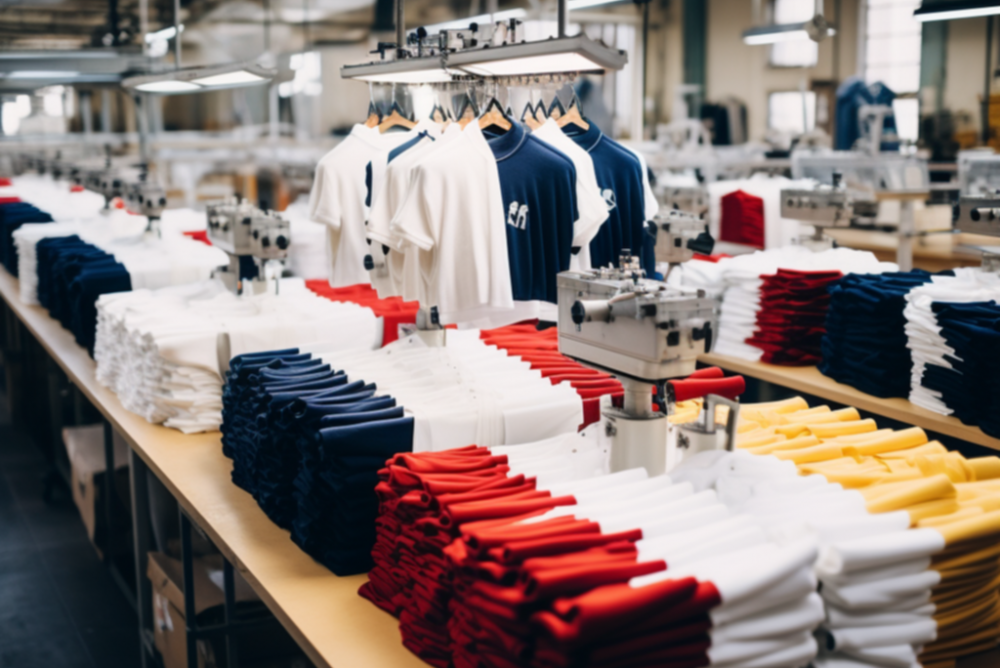

In the dynamic world of fashion, starting a clothing line can be both exciting and challenging. A crucial part of this journey is finding the right manufacturer, a choice that can make or break your enterprise. One significant factor for small and emerging businesses is the manufacturer's MOQ (Minimum Order Quantity), which can place a heavy financial burden on businesses that are just starting out. This piece will explore ten leading clothing manufacturers that do not impose an MOQ, thereby offering a stepping stone for small businesses to grow without being hindered by excessive upfront costs.
The Importance of No MOQ in Clothing Manufacturing
A minimum order quantity (MOQ) is the lowest set amount of stock that a supplier is willing to sell. If you cannot reach this minimum, the supplier will not allow your order to proceed. This requirement poses a significant hurdle for small or budding fashion businesses.
Having an MOQ implies that a business must make a substantial upfront investment, which may not be feasible for all, especially those just starting or running on a tight budget. Thus, finding a manufacturer with no MOQ can be a game-changer.
These manufacturers enable businesses to start small, manage their inventory better, and have less unsold stock. It also allows businesses to offer a diverse product range without a massive investment.
Having no MOQ doesn't just benefit the business. It also positively impacts the manufacturer. By offering no MOQ, manufacturers can foster relationships with a wider range of clients, including emerging talents in the fashion industry.
However, it's important to note that while no MOQ offers numerous benefits, it may sometimes mean higher per-item costs or less room for customization. Therefore, each business needs to consider its specific needs and trade-offs when selecting a manufacturer.
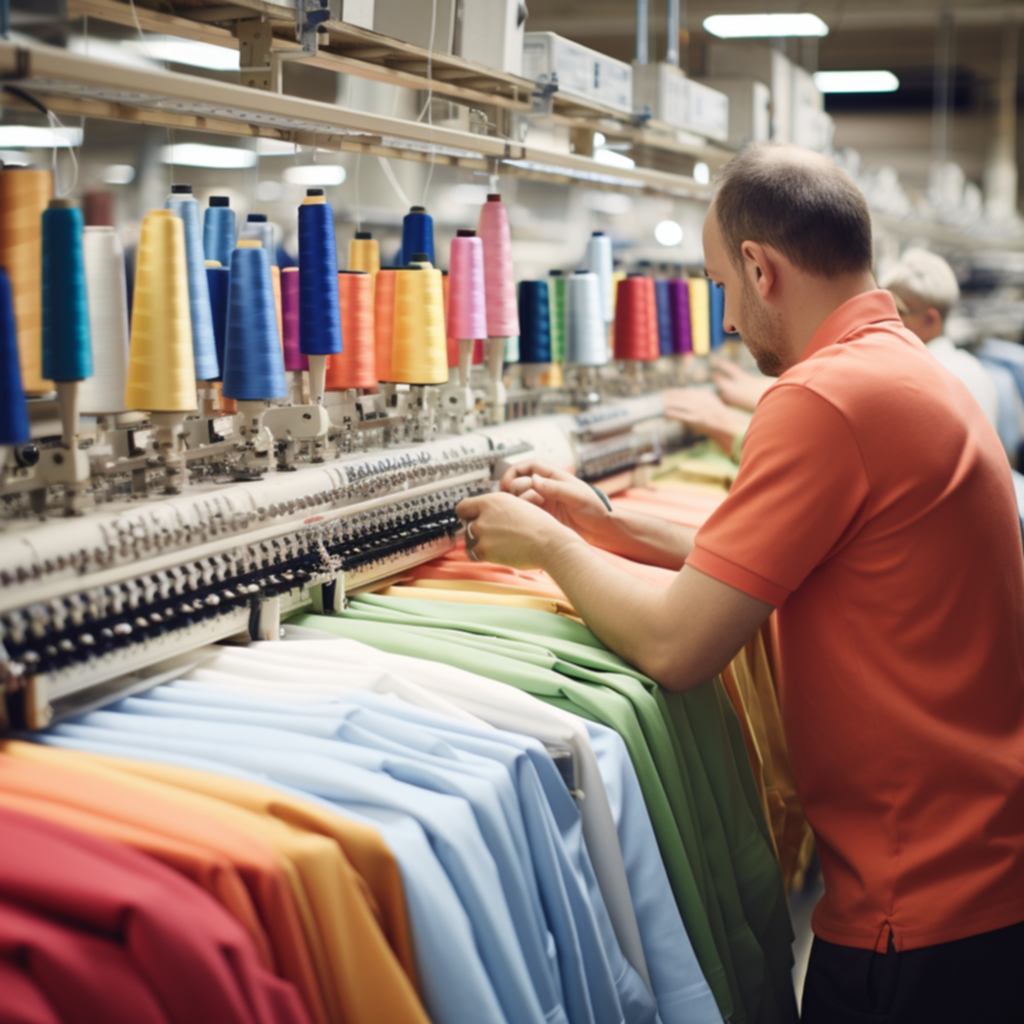
Top 10 Clothing Manufacturers with No MOQ
1. Sewport
Brief Overview: Sewport connects emerging fashion designers and small fashion businesses with clothing manufacturers globally. It's an ideal platform for those with no prior industry contacts.
Pros and Cons: Sewport's primary advantage lies in its global network and diversity of manufacturing partners. It also aids in communication and negotiation between the parties. On the downside, as it's a connecting platform rather than a manufacturer, the control over the production process may vary based on the manufacturer chosen.
Special Features: Sewport offers comprehensive services, from design and prototyping to production and shipping. They also provide valuable resources and guidance for fashion startups.
2. The Atelier Clothing
Brief Overview: The Atelier Clothing is a premium clothing manufacturer based in the USA, specializing in high-quality apparel.
Pros and Cons: The Atelier Clothing offers high-quality, USA-based manufacturing, which can be a selling point for certain brands. However, as a premium service, the cost per item might be higher, especially when ordering in smaller quantities.
Special Features: The Atelier Clothing stands out for its focus on sustainable and ethical manufacturing practices.
3. MakersValley
Brief Overview: MakersValley connects businesses with independent Italian artisans and manufacturers, providing an entry into the world of high-quality Italian manufacturing.
Pros and Cons: MakersValley is a great platform for brands that want to emphasize quality and Italian craftsmanship. However, the cost per unit might be higher due to the quality of manufacture and shipping from Italy.
Special Features: MakersValley focuses on transparency, providing clear insight into each stage of the production process, from prototype to final product.
4. Indie Source
Brief Overview: Indie Source is a full-service clothing manufacturer based in Los Angeles. They offer a wide range of services, from fabric sourcing and pattern making to production.
Pros and Cons: Indie Source offers great control over the production process, and their full-service model saves time and effort. However, the cost per unit can be higher than overseas manufacturers.
Special Features: Indie Source offers a rapid sampling and pre-production process, allowing for quicker market launch.
5. Billoomi Fashion
Brief Overview: Billoomi Fashion is an India-based clothing manufacturer that caters to a wide range of clothing businesses, from start-ups to established brands.
Pros and Cons: Billoomi Fashion's strengths include competitive pricing and versatility in handling various styles and designs. However, businesses seeking USA-based manufacturing may not find them suitable.
Special Features: Billoomi Fashion has a strong commitment to fair trade and ethical manufacturing processes.
6. TEG (The Evans Group)
Brief Overview: TEG is a Los Angeles and San Francisco-based manufacturer offering a full range of services, from design and development to production.
Pros and Cons: TEG is ideal for designer brands, as it offers high-quality, artisanal production with a great level of customization. However, the cost per unit might be higher due to their focus on quality and artisanal work.
Special Features: TEG has a notable reputation for its excellent pattern making and prototyping services.
7. FABRIKO
Brief Overview: FABRIKO is a Lithuania-based clothing manufacturer that prides itself on its blend of technology and manufacturing expertise.
Pros and Cons: FABRIKO offers cost-effective and fast turnarounds due to its use of advanced technology. However, brands seeking local production might not find them suitable.
Special Features: FABRIKO’s unique selling point is their innovative approach to manufacturing, using cutting-edge technologies like 3D design software.
8. Zega Apparel
Brief Overview: Zega Apparel is a Pakistani manufacturer specializing in custom clothing and private label solutions.
Pros and Cons: Zega Apparel provides highly customizable and cost-effective manufacturing solutions, but distance and different time zones may pose communication challenges for some businesses.
Special Features: Zega Apparel offers a unique mix-and-match service where clients can combine different fabrics, designs, and colors within the same order.
9. Siatex
Brief Overview: Siatex is a leading wholesale clothing manufacturer and exporter in Bangladesh. They provide custom-made apparel according to the client's requirements.
Pros and Cons: Siatex offers cost-effective production solutions and experience in a broad range of apparel. However, businesses preferring domestic production may find a Bangladesh-based company not aligning with their preferences.
Special Features: Siatex stands out with its comprehensive service that includes sourcing of materials, custom design, and delivery.
10. Hawthorn
Brief Overview: Based in the UK, Hawthorn is one of the leading clothing manufacturers offering low MOQs. They provide services from design and pattern making to labeling and packaging.
Pros and Cons: Hawthorn is a go-to for those who prioritize ethical manufacturing and a complete end-to-end service. However, its UK-based operation could mean higher costs per unit than overseas manufacturers.
Special Features: Hawthorn's unique proposition is their commitment to sustainability and ethical production, using organic materials and ensuring fair wages for workers.
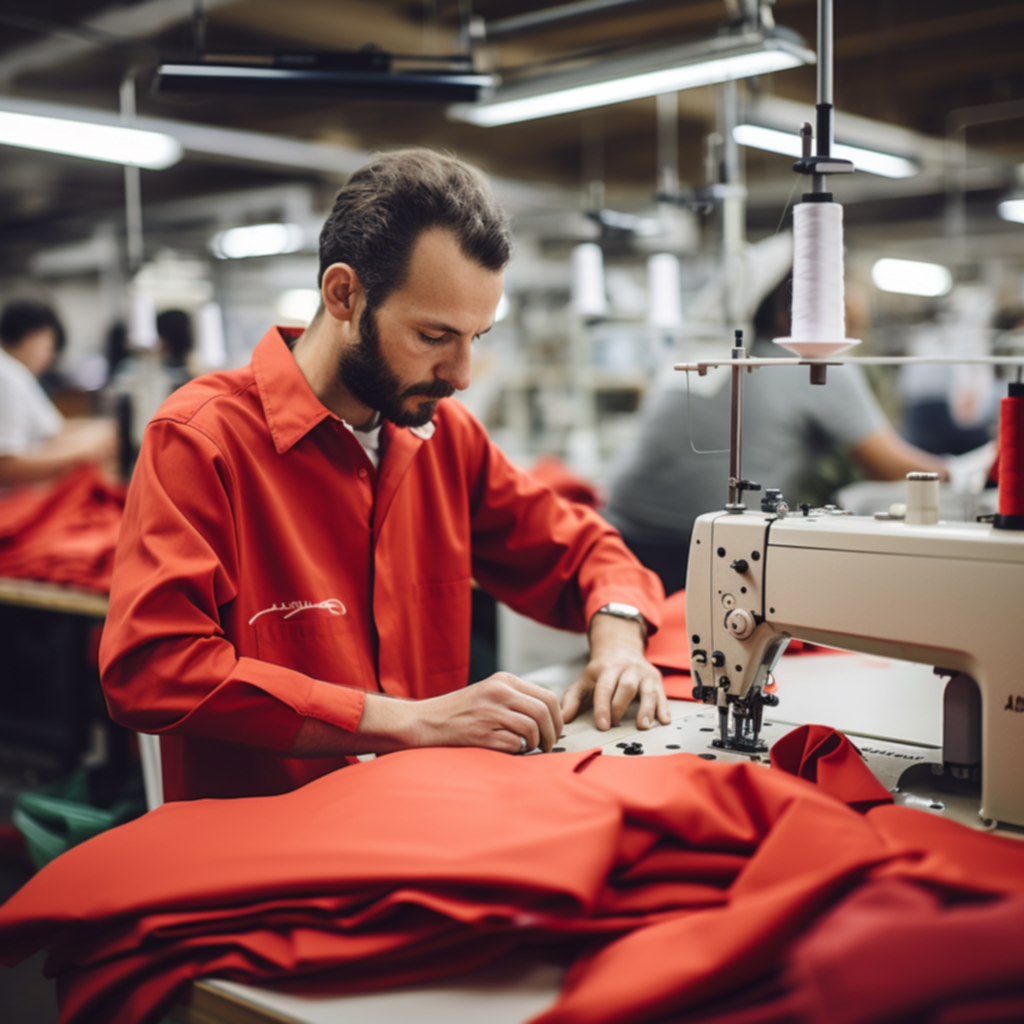
Factors to Consider When Choosing a Clothing Manufacturer with No MOQ
Selecting a clothing manufacturer is not simply about who offers a no MOQ service. Other factors come into play that can significantly impact the success of your clothing line. Here are a few key considerations:
- 1. Quality: The quality of your clothing will define your brand's reputation. Assess the manufacturer's quality by examining samples of their work. Consider the material quality, stitching, and overall finish of the product.
- 2. Cost: While no MOQ can reduce your upfront costs, check the cost per unit. Sometimes, smaller orders may have higher costs per item. Ensure the pricing aligns with your budget and the retail price point for your market.
- 3. Communication: Clear, timely communication is crucial for managing production effectively. Look for manufacturers that offer good customer service, are responsive, and willing to answer your queries.
- 4. Turnaround Time: The time it takes from placing an order to receiving the finished product can impact your ability to meet demand. Consider manufacturers that offer reasonable and reliable turnaround times.
- 5. Sustainability and Ethics: As the fashion industry moves towards more sustainable practices, consider manufacturers that adhere to ethical production processes, use sustainable materials, and treat their workers fairly.
- 6. Location: While overseas manufacturers might offer cost advantages, domestic manufacturers can provide benefits such as lower shipping costs, faster delivery times, and easier communication.
- 7. Customization: If your designs require high customization, look for manufacturers that can cater to these needs.
Remember, each clothing brand has unique needs. What works for one may not work for another. It’s about finding the right balance between all these factors.
How to Effectively Work with No MOQ Clothing Manufacturers
Once you've selected a manufacturer that aligns with your brand's needs and values, building a strong relationship and managing the production process effectively is crucial. Here are some strategies for successful collaboration:
- 1. Clear Communication: Clear, comprehensive communication is vital. Ensure you provide detailed specifications for your designs, including materials, sizes, colors, and any other specific requirements.
- 2. Sampling: Before going into full-scale production, ordering a sample is a wise step. It helps in assessing the quality and seeing if the final product aligns with your expectations. Any adjustments can be made after reviewing the sample.
- 3. Build Relationships: Cultivate a strong relationship with your manufacturer. Treat them as a vital part of your business, not just a supplier. Open, honest communication and mutual respect can go a long way in ensuring a smooth production process.
- 4. Plan Your Orders: While no MOQ offers flexibility, plan your orders efficiently to manage costs. Sometimes, ordering a slightly larger quantity can bring down the cost per unit, making it more economical.
- 5. Inspections and Quality Control: Regular checks during the production process can help maintain quality. If possible, conduct a pre-shipment inspection to ensure the finished products meet your specifications.
- 6. Be Aware of Timeframes: Understand the production and delivery timeframes. Plan your production schedule accordingly, considering peak times and any potential delays.
Working effectively with your manufacturer can result in a mutually beneficial relationship and a higher quality product that bolsters your brand's reputation.
Conclusion: Navigating No MOQ Clothing Manufacturers
In the competitive world of fashion, finding the right manufacturing partner can make all the difference. Opting for a clothing manufacturer with no MOQ can be a boon for small businesses and budding designers looking to make their mark in the industry. It allows for lower initial investments, better inventory management, and an opportunity to offer a diverse range of products.
However, choosing a manufacturer shouldn't solely hinge on the MOQ. Quality, cost, communication, location, and ethical considerations play significant roles. It's about finding a partner that understands your brand's vision, can deliver the quality you aspire to, and aligns with your ethical and operational ethos.
The manufacturers listed in this article offer a variety of options catering to different needs. Whether it's a premium domestic manufacturer like The Atelier Clothing or an overseas option with competitive pricing like Billoomi Fashion, the options are wide-ranging.
Remember, every brand's needs are unique, and there's no one-size-fits-all approach. Research, request samples, ask questions, and make a choice that best suits your brand and vision.
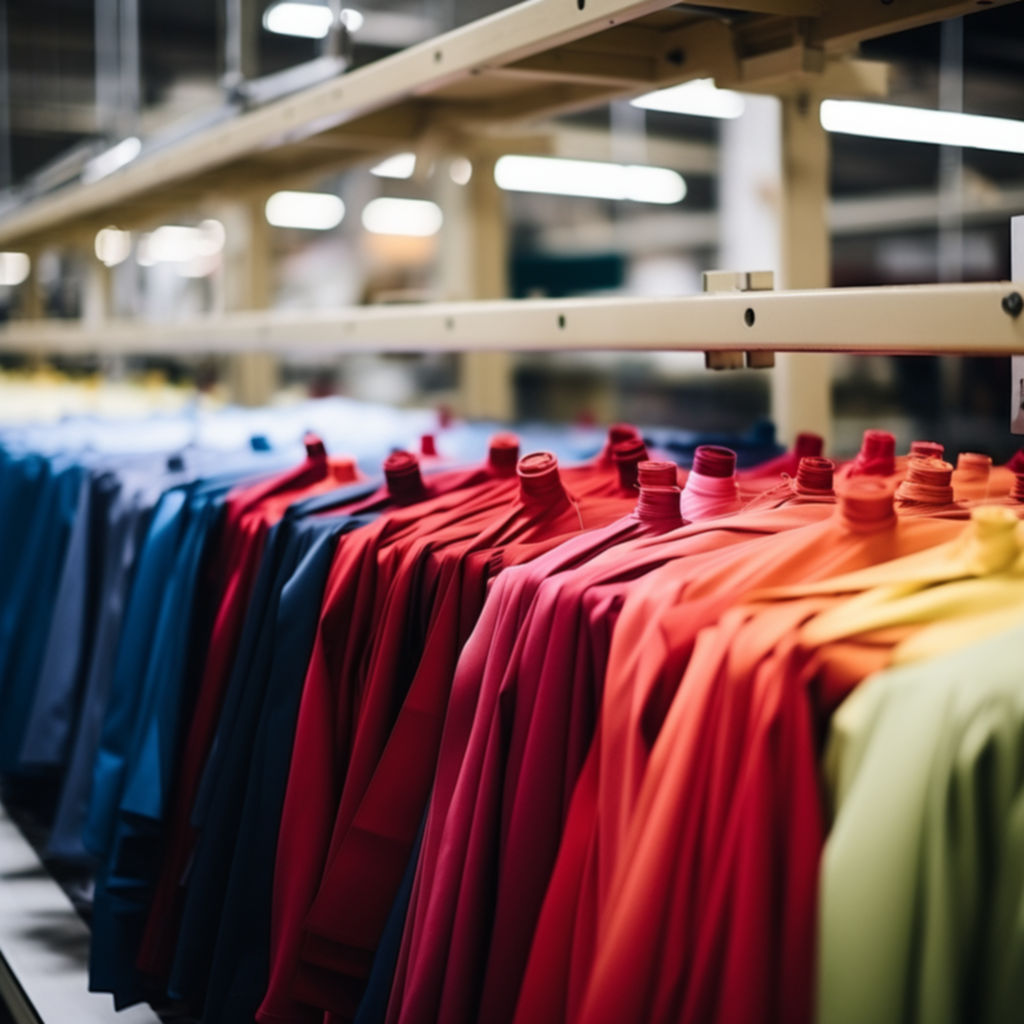
Frequently Asked Questions (FAQs)
1. What does No MOQ mean in clothing manufacturing?
No MOQ stands for "No Minimum Order Quantity." It means that the manufacturer does not require you to order a minimum number of units and will produce as few pieces as you require.
2. Why should I consider a manufacturer with No MOQ?
For small businesses or new brands, ordering large quantities can be risky and costly. A no MOQ manufacturer allows you to start small, manage your inventory better, and reduce upfront costs.
3. Do No MOQ manufacturers produce lower quality clothes?
Not necessarily. The quality of clothing depends on the manufacturer's standards and capabilities, not on the MOQ. Always request samples to assess the quality.
4. Are there additional costs associated with No MOQ manufacturers?
Sometimes, per unit cost could be higher with no MOQ due to the additional resources required to set up production for smaller runs. However, this isn't a rule and depends on the manufacturer.
5. How can I ensure the manufacturer understands my design requirements?
Clear, detailed communication is key. Provide comprehensive specifications, including sketches, measurements, fabric details, and color codes. Also, a prototype or sample for reference can be beneficial.
6. Are domestic or overseas No MOQ manufacturers better?
Both have their advantages. Domestic manufacturers can offer easier communication, quicker delivery, and potentially higher quality. However, overseas manufacturers often offer competitive pricing.
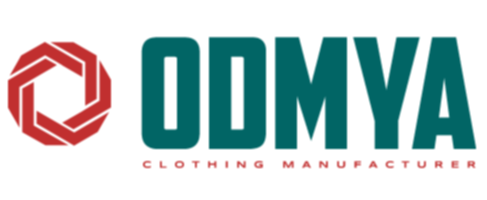




-500x500.jpg)
-500x500.jpg)
-500x500.jpg)
-500x500.jpg)
-500x500.jpg)